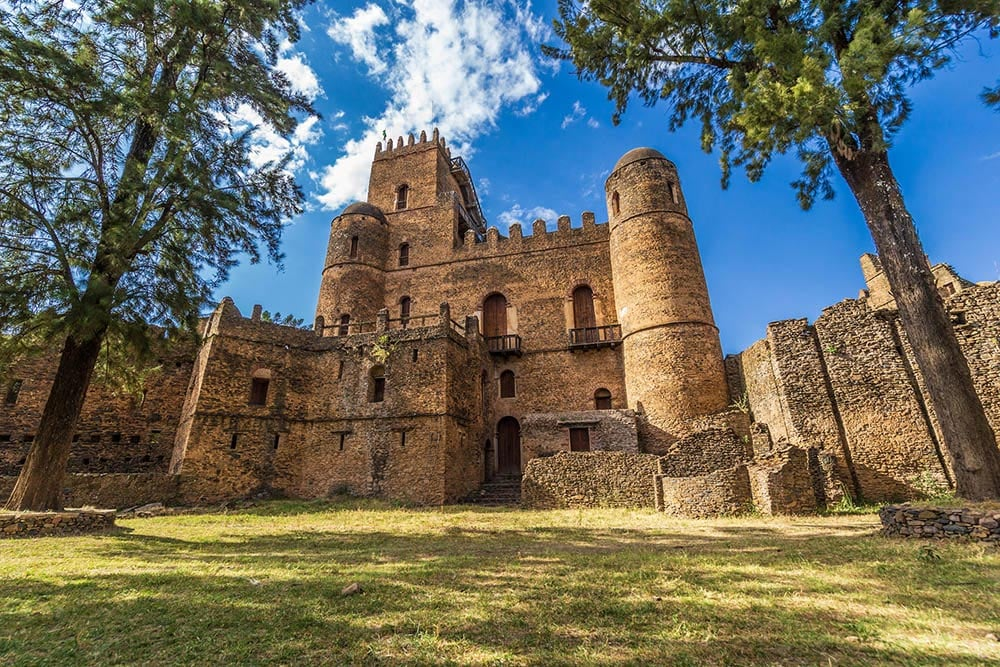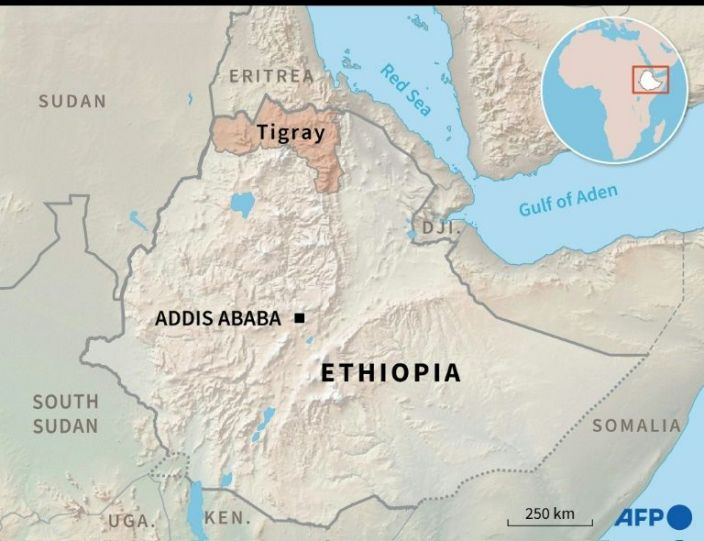Ethiopia's tourism industry, grappling with the dual challenges of the COVID-19 pandemic and the Tigray conflict, is now on a path to recovery. As the country takes steps to restore peace and stability, the Ministry of Tourism is working diligently to rejuvenate a sector that has incurred substantial losses. With promising initiatives and renewed optimism, Ethiopia's tourism seeks a brighter future.

Ethiopia's Tourism Industry Faces $2 Billion Loss in Two Years
The Ethiopian tourism sector has endured a severe setback, with staggeringlosses totaling $2 billion over the past two years. This unfortunate decline can be primarily attributed to two major factors: the widespread impact of the COVID-19 pandemic and the persistent conflict in the Tigray region.
These twin challenges have significantly hampered the country's ability to attract international tourists and generate revenue. However, there is renewed hope on the horizon with the signing of a peace deal. This pivotal development has spurred the Ministry of Tourism into action, as it strives to revitalise an industry left reeling by the internal strife.
Ethiopia's Epiphany Festival Attracts International Visitors
Amidst the backdrop of these challenges, Ethiopia's cherished Epiphany festival, locally known as "Timket" in Amharic and Tigrigna, stands as a beacon of hope. This annual celebration holds significant cultural and religious importance, drawing thousands of Christians and intrigued visitors from around the world.
As Ethiopia navigates through these challenging times, the Epiphany festival represents a powerful symbol of unity and cultural pride, offering a glimpse of hope for the country's tourism industry and its potential for recovery in the post-pandemic and post-conflict era.
Tourism Sector Optimism Amidst Peace Efforts
Ethiopia's tourism sector has been grappling with formidable challenges in recent times, primarily stemming from dwindling work opportunities and a notable decline in international tourists.
In response to these adverse circumstances, a lifeline emerged in the form of local tourism. While international visitors dwindled, Ethiopians themselves showed an increasing interest in exploring their own country.
Despite the hardships faced by those in the tourism sector, there is a palpable sense of hope and optimism on the horizon. This optimism is rooted in the peace efforts that have been initiated, particularly the peace deal reached in November.
As Ethiopia moves toward stability and reconciliation, there is a growing belief that the tourism industry, though battered, can rebound with newfound vigour.
Ethiopia's Substantial Losses and Recovery Plans
Ethiopia's Tourism State Minister, has openly acknowledged the substantial financial losses endured by the country's tourism industry. These losses, which have mounted to a staggering $2 billion, can be attributed to the compounded impact of the Tigray conflict and the global COVID-19 pandemic.

In response to this dire crisis, the Ministry of Tourism is taking proactive steps to breathe life back into the beleaguered industry. Among these initiatives is the restoration of flights to cities in the Tigray region, a region previously marred by conflict and inaccessibility.
Additionally, the Ministry is focused on the reopening of historic destinations, notably the town of Lalibela in the Amhara region. Lalibela is renowned for its remarkable rock-hewn churches, a UNESCO World Heritage site that has long been a draw for international tourists.
In a bid to diversify and expand the visitor base, tourism officials are also looking beyond traditional source markets. Efforts are underway to attract more visitors from other African countries and the Middle East, recognizing the potential for tourism growth from these regions.
FAQS
What are the primary reasons behind the setbacks in Ethiopia's tourism industry?
The main reasons for setbacks in Ethiopia's tourism industry are the COVID-19 pandemic and the conflict in the Tigray region. These factors led to a loss of revenue estimated at $2 billion over the past two years.
What is the significance of Ethiopia's Epiphany festival, "Timket"?
Timket is a significant religious festival in Ethiopia, commemorating the baptism of Jesus Christ by John the Baptist in the River Jordan. It attracts thousands of Christians and visitors interested in experiencing this annual religious ceremony.
How has the pandemic and conflict affected international travellers' decisions to visit Ethiopia?
The pandemic and conflict have discouraged international travellers from visiting Ethiopia due to safety concerns and travel restrictions. Many potential tourists postponed or cancelled their trips.
What steps is Ethiopia's Ministry of Tourism taking to revive the tourism industry?
The Ministry of Tourism is taking several measures to revitalise the tourism industry, including reinstating flights to the Tigray region, reopening historic destinations like Lalibela, and aiming to attract more visitors from other African countries and the Middle East.
How have local tourists contributed to the survival of the tourism sector during challenging times?
As international tourism declined, local tourists became a vital source of revenue for the sector. They helped sustain businesses and tour guides during difficult periods.
What are the estimated financial losses suffered by Ethiopia's tourism industry due to the pandemic and conflict?
Ethiopia's tourism industry is estimated to have lost around $2 billion in revenue over the past two years because of the combined impact of the pandemic and the Tigray conflict.
Applying for an Ethiopia eVisa
- Step 1: Complete the online application by providing your personal details and passport information.
- Step 2: Make an online payment securely using your credit card.
- Step 3: Check your email for the confirmation of payment and the receipt of your Ethiopia eVisa, which will be delivered electronically.